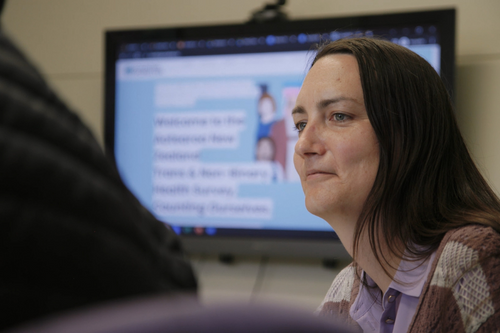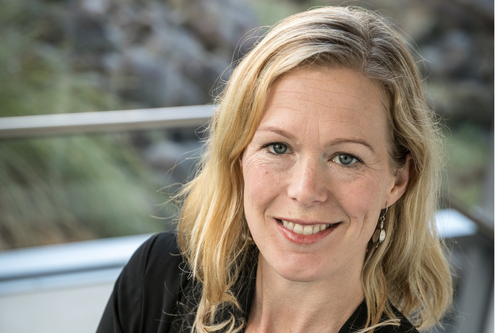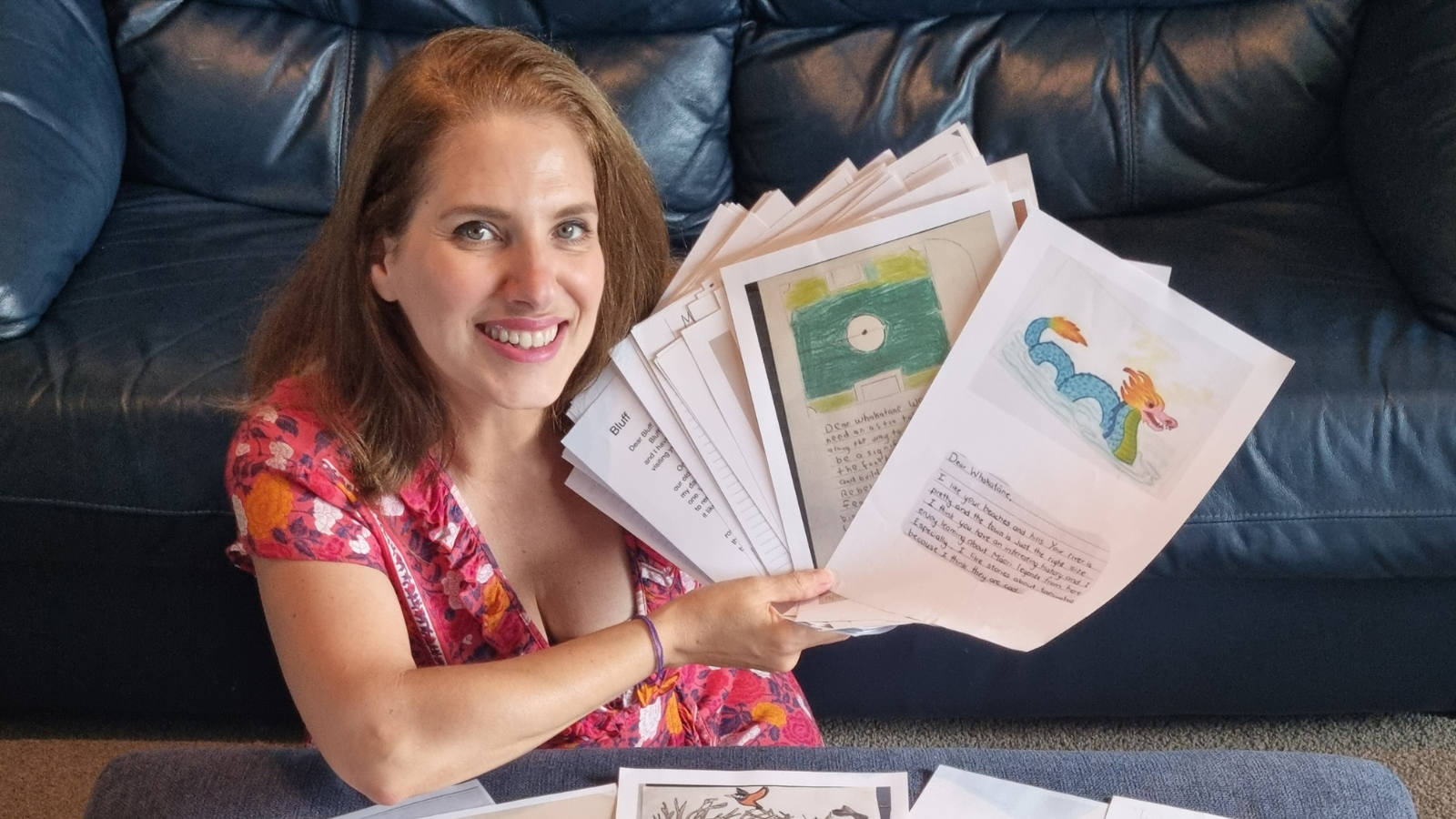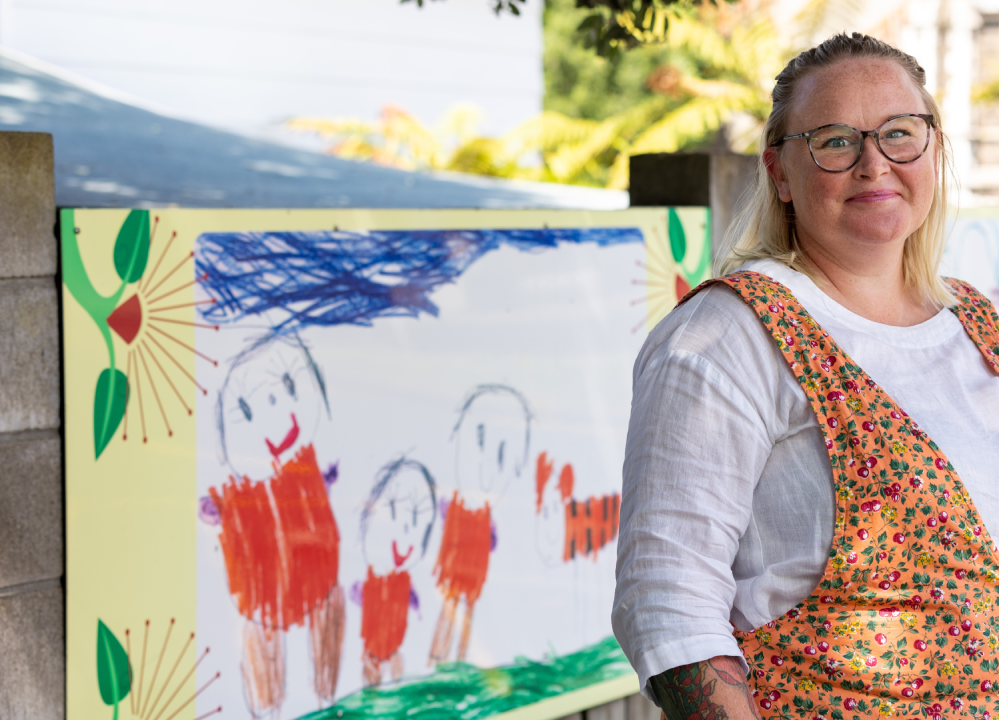Research at the University of Waikato is helping to underpin policy development and decisions designed to improve diversity and inclusion and create more gender-responsive practices across New Zealand organisations.

Dr Jaimie Veale, Senior Lecturer in the School Of Psychology and Principal Investigator for Counting Ourselves.
The University is home to the Transgender Health Research Lab, part of the School of Psychology, Te Kura Whatu Oho Mauri, and leader of; Counting Ourselves: The Aotearoa New Zealand Trans and Non-Binary Health Survey.
“The University of Waikato has had a really strong history of gender based research,” says Dr Jaimie Veale, Senior Lecturer in the School Of Psychology and Principal Investigator for Counting Ourselves.
Counting Ourselves is an anonymous health survey designed by and for trans and non-binary people. The first survey was completed in 2018 and the second in 2022.
“We’re really interested in looking at social determinants of health and how they might be impacting the health of trans and non-binary people,” says Dr Veale.
 Dr Jaimie Veale, Senior Lecturer in the School Of Psychology and Principal Investigator for Counting Ourselves.
Dr Jaimie Veale, Senior Lecturer in the School Of Psychology and Principal Investigator for Counting Ourselves.
They work closely with community leaders, health professionals and policy makers to determine the questions that are important for trans and non-binary communities so their research can have an impact for transgender people.
“We’re finding our work is being used by Government departments and organisations in making policy decisions and that’s how we know the work we are doing is making a difference for transgender people,” says Dr Veale.
Research is also helping to address inequities and understand the experiences and discrimination people in our communities can face, Dr Veale receiving a Rutherford Discovery Fellowship in 2020.
Women's spaces, women's stories
While women across the globe have borne the brunt of the Covid-19 pandemic, Waikato researchers are also hard at work trying to support women to reclaim their confidence, careers and wellbeing.

Holly Thorpe, Professor of Sport and Gender in Te Huataki Waiora, School of Health at the University.
The everyday experiences of many groups of women often remain invisible in policy, public discourse, and research, but work at the University is creating a culturally safe, respectful space for women to share their stories, so they can make a difference in a post-pandemic world in which uncertainty continues to be a significant theme.
“The everyday experiences of women are not often heard in policy decisions. In our research, we are working to understand the diverse cultural and gendered experiences of women in New Zealand,” says Holly Thorpe, Professor of Sport and Gender in Te Huataki Waiora, School of Health at the University.
Professor Thorpe was awarded a two-year James Cook Fellowship to study how New Zealand women have been impacted by the Covid-19 pandemic and the strategies they have devised to cope, individually and collectively.
The work includes understanding the role of sport and fitness, and how women use physical activity to create meaningful change in their lives, supporting themselves and others through difficult times.
She has also been outspoken on changes and policy direction devised by national sporting bodies and the ongoing discussion on policy and transgender athletes in elite sport.
“We want to understand the diverse gendered and cultured experiences of women in society so that we can work with organisations to create more gender responsive policies to create more supportive spaces in the home, at work, in sport, and in broader society going forward,” says Professor Thorpe.
Leadership through connection
Part of that work is creating organisations with leaders who are brave enough to bring the diversity of thought and perspective needed to create inclusive culture.
 Chellie Spiller, Professor of Management and Leadership at University of Waikato's School of Management.
Chellie Spiller, Professor of Management and Leadership at University of Waikato's School of Management.
Chellie Spiller, Professor of Management and Leadership at the University’s School of Management draws upon the wayfinding wisdom of the great explorers from the ancient cultures of Māori, Polynesia and Austronesia who navigated from a different worldview and their experiences have valuable insights for us as we navigate an increasingly complex and changing world.
“We’re creating a community of capable integrative thinkers who can respond to any challenges we may face and make sure both our people and our organisations reach their full potential.”
Of Ngāti Kahungunu ki Wairoa descent Professor Spiller talks about the interspace, and encourages people to get off their ‘islands’ of difference and dive into the flux of direct experience - where the ocean doesn't divide but connects. Interspacing requires qualities such as curiosity, awareness and openness. Values such as respect and reciprocity help cultivate deep appreciation for mutuality as well as respecting multiplicity and diversity.
“When we do that we can work in the space where transformation can occur,” says Professor Spiller.
“When leaders are fully aware of their environment and can see issues from multiple perspectives they can create real change for the betterment of all people,” says Professor Spiller.
“We need leaders who have diversity of thought and perspective, leaders prepared to encourage, build and uphold inclusive workplace cultures.” says Professor Spiller.












